SUMMARY
This is AI generated summarization, which may have errors. For context, always refer to the full article.
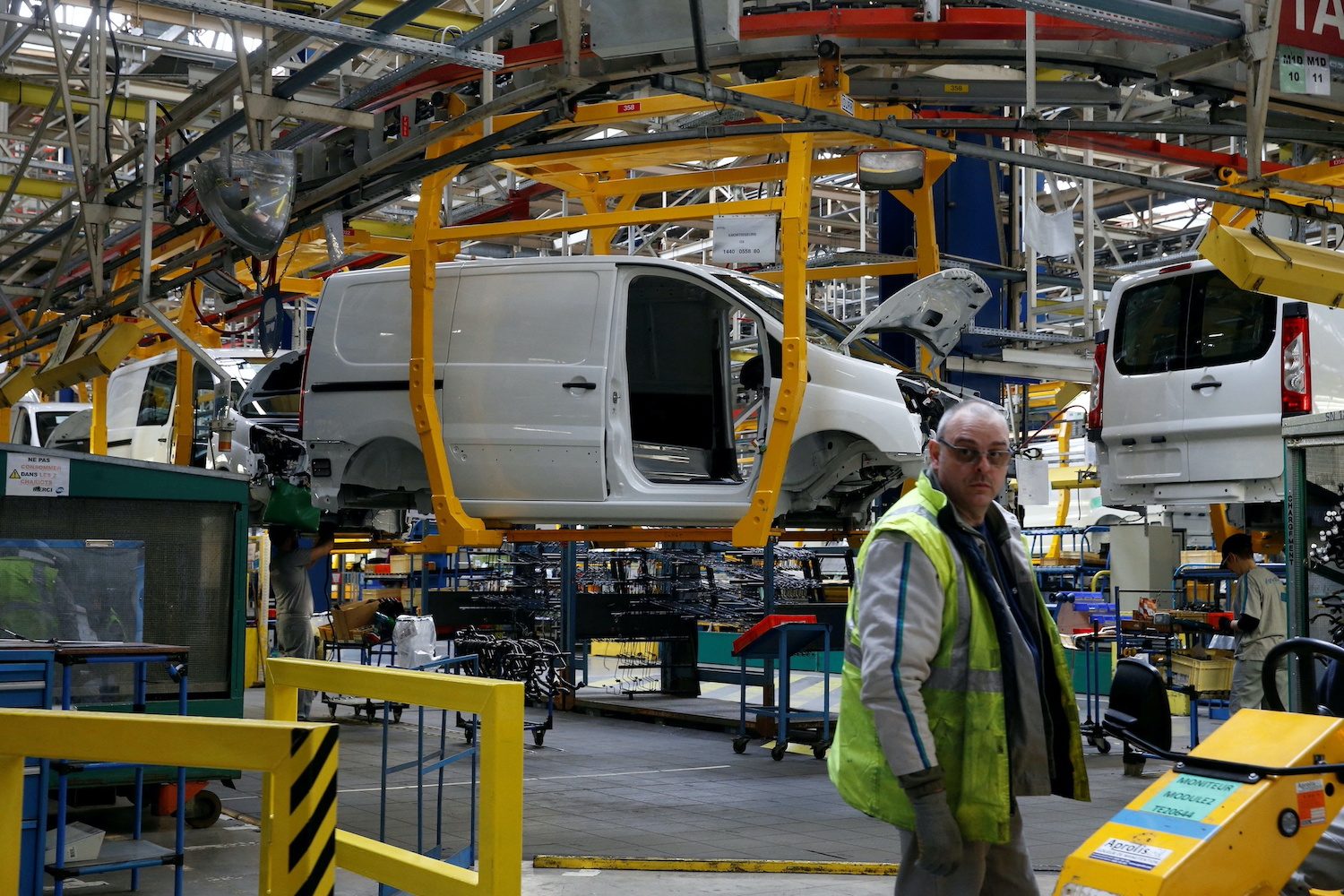
MILAN, Italy – Some of Europe’s top companies, including Stellantis and Michelin, said on Wednesday, April 27, Russia’s decision to halt gas deliveries to Poland and Bulgaria had not disrupted factories, even as worries grow about possible bigger cuts in the region.
Russian energy giant Gazprom said it had stopped gas supplies to the EU nations for failing to pay for gas in roubles, the Kremlin’s toughest response yet to sanctions imposed by the West over the conflict in Ukraine.
The fuel halt comes as companies around the globe battle soaring raw material prices, logistical headaches, and shortages of critical products, including semiconductors, due in part to the war in Ukraine and COVID-19 lockdowns in China.
Poland has become a major automotive industry hub over the past two decades as carmakers including Volkswagen and Fiat built factories there drawn by its low labor and production costs.
On Wednesday, Stellantis, which owns the Fiat and Peugeot brands, said its three plants there were not affected.
The world’s fourth largest automaker is not a heavy gas user, its gas storages are almost full and Polish gas company PGNiG has reassured its corporate clients that they would still get fuel as needed, a spokesperson said.
“Our operations continue to run as normally as possible in the context of semiconductor shortage, COVID pandemic, war,” the spokesperson told Reuters.
Mercedes-Benz chief financial officer Harald Wilhelm said the German carmaker had not yet seen any impact on its plants in Jawor in Poland, Kecksemet in Hungary, and in Germany, but was working on ways to reduce its gas demand.
While its plants in Germany had covered their electricity needs through renewable energy sources, they remain dependent on gas in particular for heating production halls and running paint shops, he said.
“We are working on how to reduce demand, but also on changing the energy source as quickly as possible. An abrupt stop would have an impact on the industrial side,” he said.
Michelin’s Olsztyn plant in northern Poland was working normally and the company had made up for gas supply difficulties with backup solutions, a spokesperson said without commenting further.
Carrefour, Europe’s biggest food retailer, with operations in Poland, said its local operators had built the necessary fuel reserves to protect against disruptions.
Sweden’s Assa Abloy, the world’s biggest maker of locks and entrance systems, does not expect its production in Bulgaria and Poland to be affected, at least not in the near term, chief executive officer Nico Delvaux told Reuters.
Assa Abloy has limited production in Bulgaria, with a little more in Poland.
“We use gas to heat the factories so it may get a bit colder in the factories but as we are in spring and going into summer I don’t think that is going to be a big challenge,” he said.
Russia calls its actions in Ukraine a “special operation” to disarm Ukraine and protect it from fascists. Ukraine and the West say the fascist allegation is baseless and that the war is an unprovoked act of aggression. – Rappler.com
Add a comment
How does this make you feel?



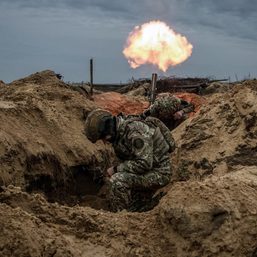


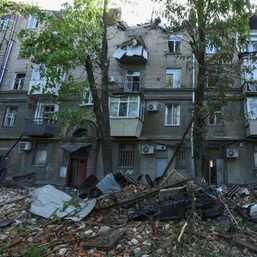

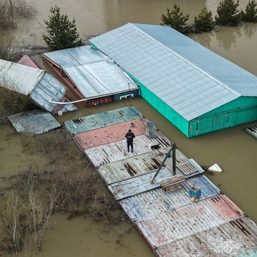

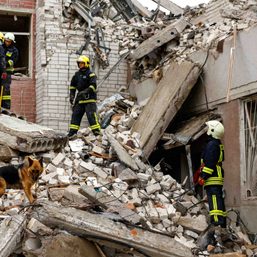
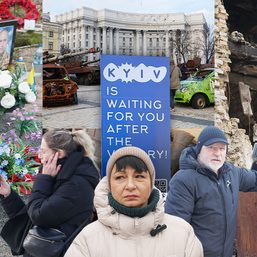
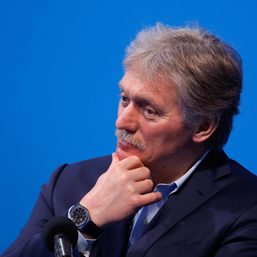
There are no comments yet. Add your comment to start the conversation.